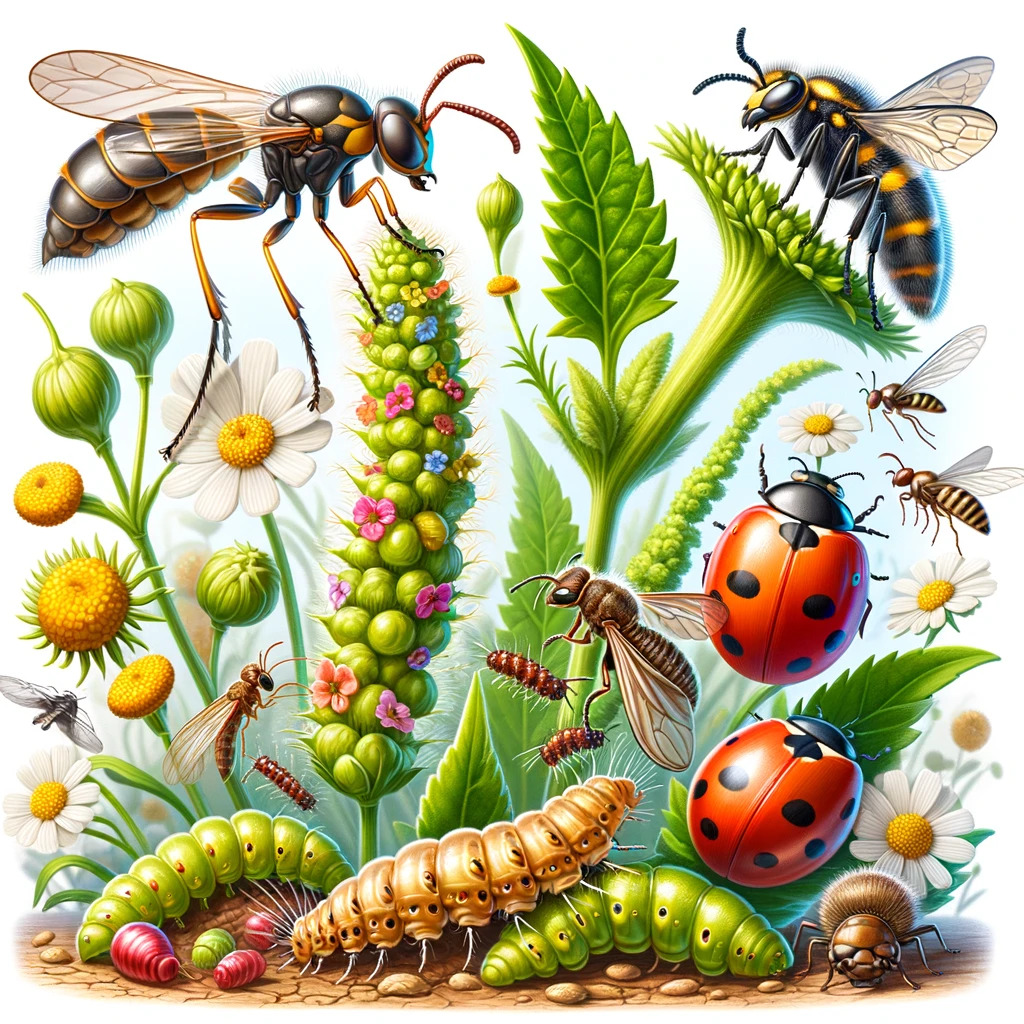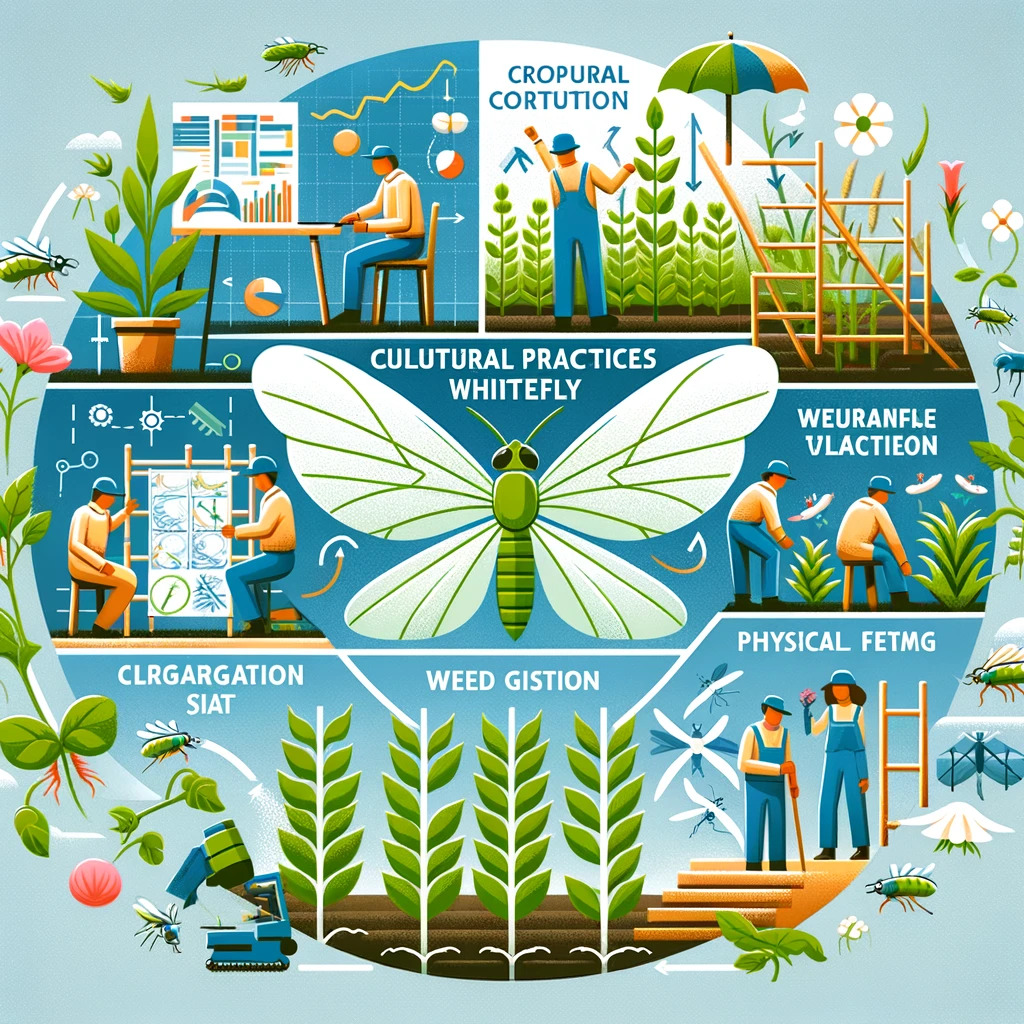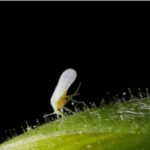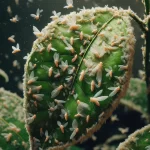In the search for more environmentally friendly pest control, organic and sustainable alternatives for managing whiteflies are gaining popularity. This article explores various organic strategies that are effective and ecosystem-friendly.
Organic Control of Whiteflies, Sustainable Pest Management, Ecological Alternatives for Whiteflies
Biological Control: Use of Natural Enemies
One of the most effective strategies is the use of natural enemies of whiteflies, such as certain types of parasitoid wasps, ladybugs, and lacewing larvae. These natural predators can help keep whitefly populations in check.

Cultural Practices to Reduce Infestation
Cultural practices like crop rotation, weed management, and the use of physical barriers can significantly reduce whitefly infestations. These techniques are essential in an integrated pest management approach.

Organic Products for Whitefly Control
There are several organic products that can be effective against whiteflies, such as insecticidal soaps and horticultural oils. These products work by suffocating the insects or interfering with their development.

Importance of Prevention and Continuous Monitoring
Prevention and monitoring are key to successful organic management. The implementation of yellow sticky traps and regular plant inspections can help detect infestations early and take timely action.

Conclusion: Toward Comprehensive and Environmentally Friendly Management
The use of organic and sustainable strategies for whitefly management is not only effective but also contributes to a more environmentally friendly and sustainable long-term approach to agriculture.
 AgronoBlog – Agriculture Blog
AgronoBlog – Agriculture Blog 


